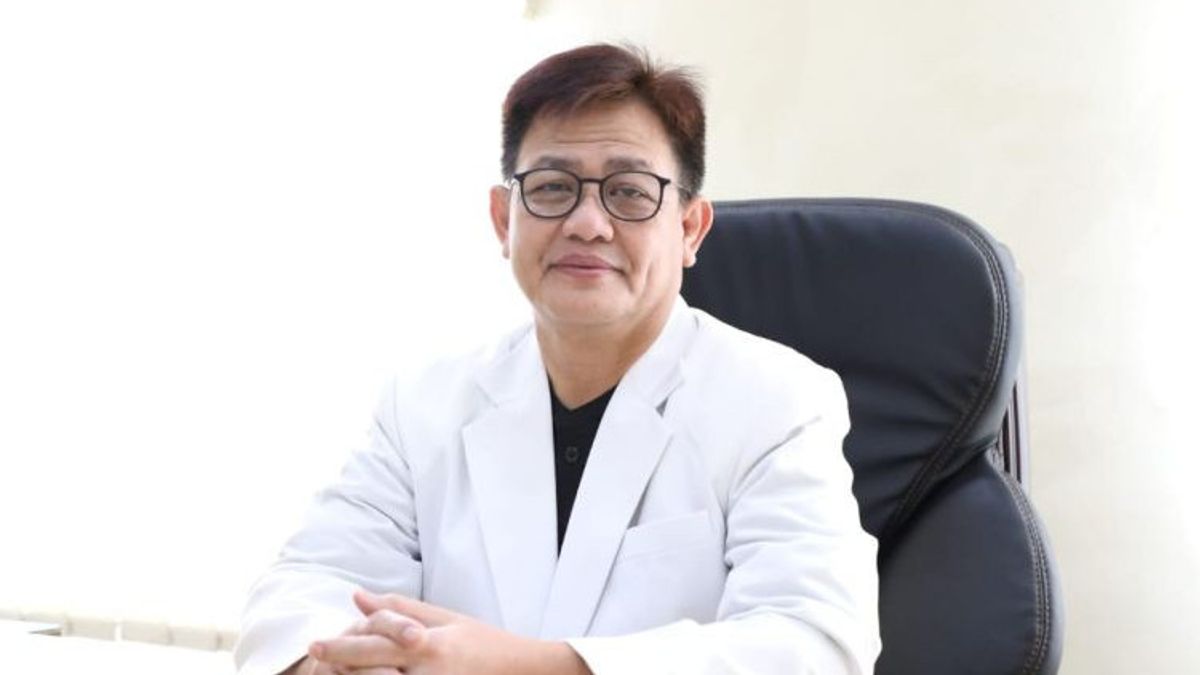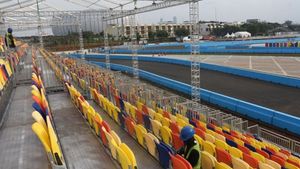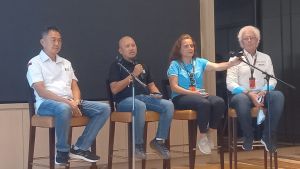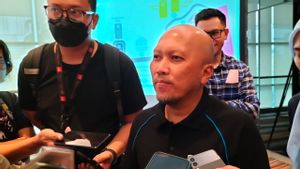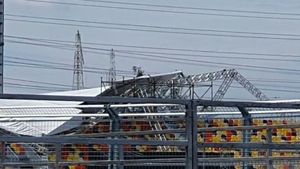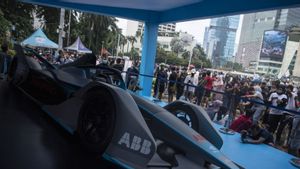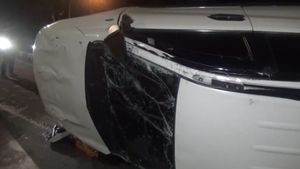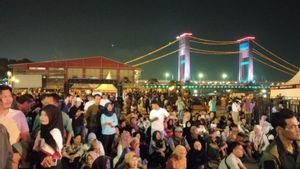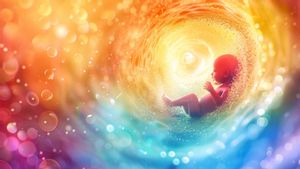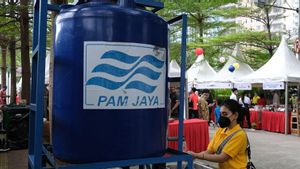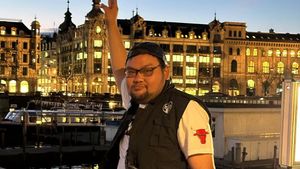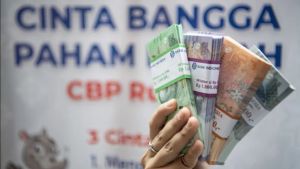PURWOKERTO - Neurologist dr. Untung Gunarto Sp.S. MM reminded Hajj candidates with a history of stroke to consume more water to avoid dehydration when performing worship in the Holy Land.
"Hajj candidates with a history of stroke need to increase their water consumption and regulate adequate rest patterns," he said in Purwokerto, Banyumas Regency, Central Java, Monday, May 31.
Acting Director of RSUD Prof. Dr. Margono Soekarjo (RSMS) Purwokerto added that dehydration and fluctuating changes in blood pressure are feared to trigger a stroke.
"Therefore, candidates for Hajj, especially those with a history of stroke, must pay attention to drinking water intake and maintain body resistance or immunity in order to stay fit during the pilgrimage," he said, quoted by Antara.
He added, one way to maintain immunity is to regulate sleep patterns, pay attention to food and drink intake and think positively and avoid stress.
"When there is a decrease in stamina, it can be immediately anticipated with lots of rest and paying attention to food and drink intake," he said.
Doctor Untung also reminded that for Hajj candidates with complaints of certain diseases such as hypertension, it is necessary to continue to take regular medicines according to the doctor's recommendations.
VOIR éGALEMENT:
"In addition, it is also important to equip oneself with various other medicines that are needed while in the Holy Land," he said.
Meanwhile, he also reminded the pilgrims to be aware of "heat stroke" when doing outdoor activities with extreme hot weather conditions.
Heat stroke, he said, could occur because there is a process of heat control failure and failure of the heart and blood vessel system in a person's body.
"A person can get this heat stroke, even if they are in good health, the signs of heat stroke are body temperature above 40.5 degrees Celsius, decreased blood pressure, breathing problems and heart palpitations, fatigue, dizziness, nausea and vomiting," he said.
For that, he said, it is important to increase water consumption to minimize the risk of dehydration and heat stroke.
The English, Chinese, Japanese, Arabic, and French versions are automatically generated by the AI. So there may still be inaccuracies in translating, please always see Indonesian as our main language. (system supported by DigitalSiber.id)
